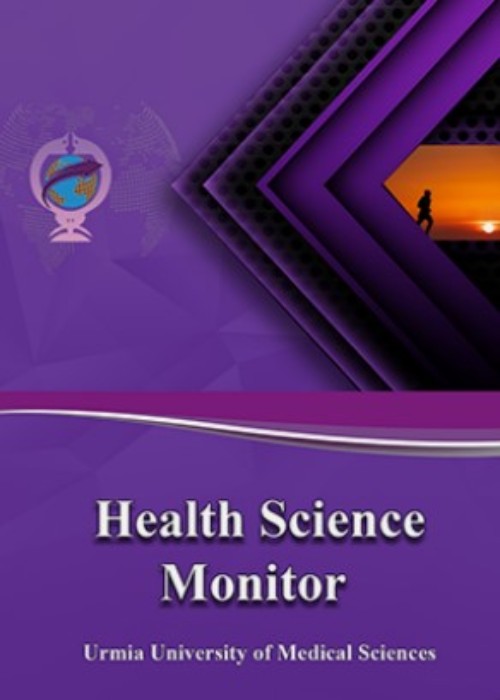Effects of COVID-19 on mental health among students
Dear Editor:Since December 2019, the world has been involved in a major pandemic. COVID-19 pandemic had devastating effects on health, hygiene, economy, and society, particularly educational systems (1). Before COVID-19, the education system was one of the major concerns of all countries. But the higher importance of students' health caused the closure of face-to-face education during the pandemic. For this reason, it is said that the long-term psychological damage and destructive effects of this epidemic can often be seen for decades (2, 3). Undoubtedly, the positive effects of this pandemic on education cannot be ignored. Educational systems have not changed for nearly several centuries. In the last few decades, small steps have been taken to change educational systems in some countries, but COVID-19 has caused all countries to move towards alternative methods of education, e.g. designing and preparing educational programs through the Internet, radio, and television. However, what was neglected in the meantime was attention to the issue of education and its connection with the psyche (4-6). The results of an online questionnaire-based study conducted in England on 927 parents of children aged 5 to 11 showed changes in the emotional state and behavior of the children. The most common symptoms during the quarantine were boredom (73.8%), feeling lonely (64.5%), and disappointment (61.4 %). Also, irritability, restlessness, anger, anxiety, sadness, worry, and an increased likelihood of arguing with other family members were othee symptoms reported by parents (7). One of the largest studies on the effects of COVID-19 on mental health of students was conducted in France because it was the most affected country among the European countries at the very beginning of the COVID-19 pandemic. In that study, 59,000 students were selected based on three mental health indicators, including depression, anxiety, and distress, and questionnaires were prepared. The results indicated that 6.96% suffered from severe depression, 39.19% experienced anxiety, and 20.7% experienced severe distress during COVID-19. Moreover, girls obtained higher score than boys in mental disorders. At the same time, the study showed that students who faced financial problems during the pandemic were noticeably more likely to suffer from mental disorders (8). The above-mentioned statistics and similar statistics all indicate that education and training have a serious effect on the mental health. Although during the quarantine, the issue of education improved to a large extent, the mental issue was weakly addressed. In fact, what causes the educational backwardness of students is the challenges that have arisen between parents and students, therby causing students' confusion, anxiety, and depression. Therefore, schools should be reopened, while considering these difficulties. However, if these challenges are not taken into account, the educational system will face serious problems, one of which will be the lack of cooperation of parents and students to return to school (9). The reopening of schools should be presented as a social and psychological imperative because families clearly witnessed the behavioral abnormalities of their children during the COVID-19 era. According to our statistics, parents should be informed that physical health the same as mental health is highly important. Based on announcement of the head of the Mental Health Office of the Ministry of Health, Treatment and Medical Education announced in 2019, about 23% of the country's population suffers from some kinds of mental disorders. This figure means that one out of every four people has a mental disorder (10). During the quarantine, children spent significantly more time on screens and less time on physical activity and sleep. In addition, family life was described as rather difficult. It is not an exaggeration to say that COVID-19 has physically affected 2% of the entire society, but mentally, all the society has been affected by this disease. For this reason, it is crucial to pay attention to the mental issue in this pandemic, and the most vulnerable group of society, both physically and mentally, are students.
- حق عضویت دریافتی صرف حمایت از نشریات عضو و نگهداری، تکمیل و توسعه مگیران میشود.
- پرداخت حق اشتراک و دانلود مقالات اجازه بازنشر آن در سایر رسانههای چاپی و دیجیتال را به کاربر نمیدهد.



